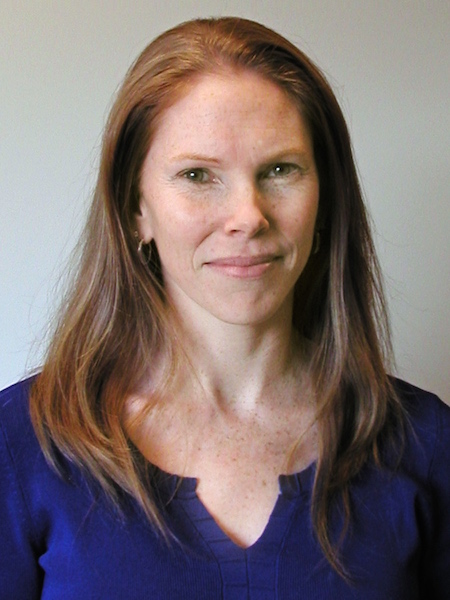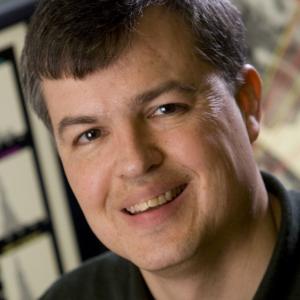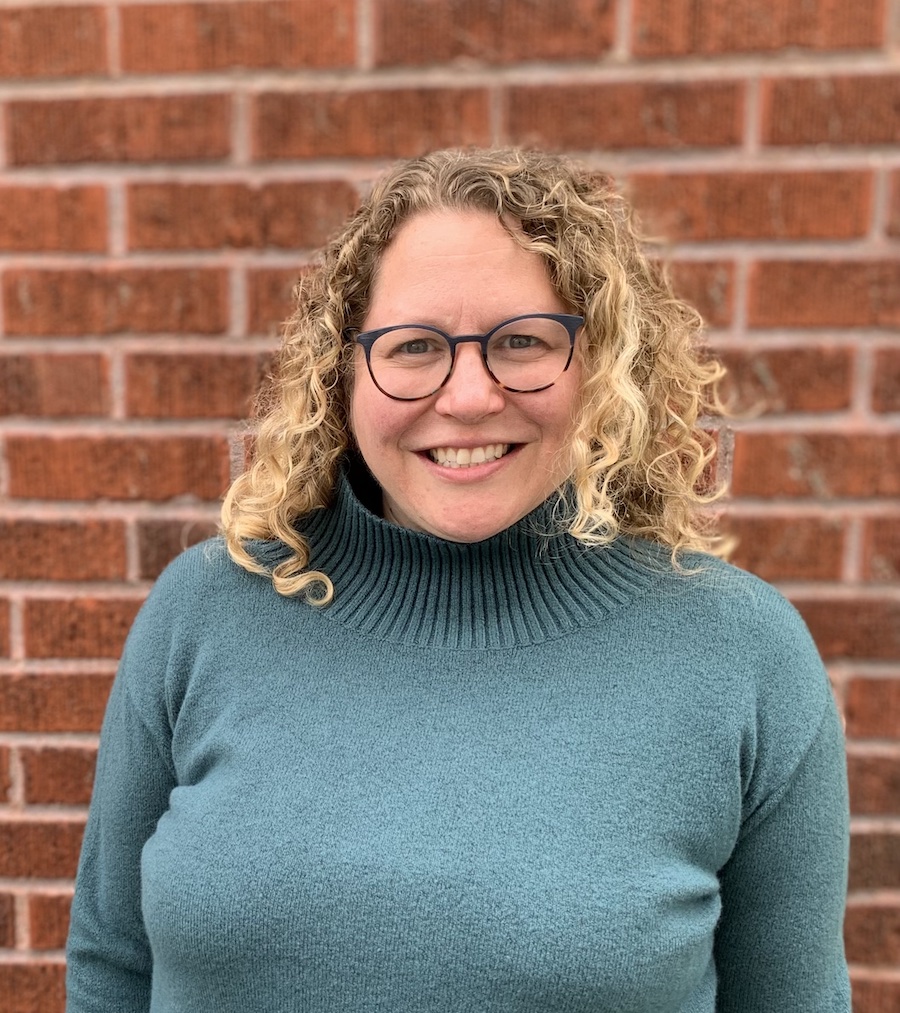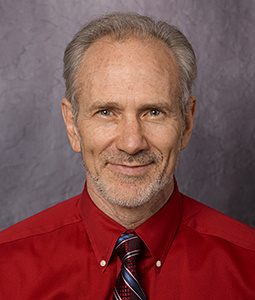2023 Conference
The Institute for Mind and Brain at the University of South Carolina will be holding
a one-day in person conference on the Social and Emotional Brain, Friday March 17, 2023. It is the fourth
in a series of regular forums for highlighting current topics in cognitive neuroscience.
The conference will feature three external speakers, as well as invited contributions
by local researchers and a poster session.
Held at the USC Conference Center @ Capstone Hall
Address: Campus Room in the Capstone Hall Building, 902 Barnwell Street, Columbia, SC 29208
Free registration
This symposium is free to trainees, faculty, and staff. A boxed lunch will be provided
for the first 100 registrants. Please register by March 10, 2023:
https://redcap.healthsciencessc.org/surveys/?s=EP9EPWCDT3CJ7MTH
Poster session details
Poster abstracts (<250 words) should be submitted via this link by March 13, 2023 @ noon (extended!):
https://redcap.healthsciencessc.org/surveys/?s=FXJJMKJED9EPERFC
Posters must fit a 4' x 4' poster board.
Tentative agenda for the conference
| Start |
Agenda |
Title |
Speaker |
| 8:30 |
Coffee & Registration |
|
|
| 9:00 |
Welcome |
|
Dr. Rutvik Desai, Dean Joel Samuels |
| 9:15 AM |
Invited speaker |
What is special about social decision making? |
Dr. Scott Huetell |
| 10:15 AM |
Local talk |
Affect and Decisions from Experience |
Dr. Doug Wedell |
| 10:45 AM |
Break |
|
|
| 11:00 AM |
Invited speaker |
Neurocomputational insights into emotion representation and dynamics |
Dr. Kevin LaBar |
| 12:00 PM |
Lunch break & Poster session |
|
|
| 2:00 PM |
Local talk |
Social Networks in Individuals with Chronic Stroke Aphasia |
Dr. Lisa Johnson |
| 2:30 PM |
Invited speaker |
Social-Communication Biomarkers: Quantification and Qualification for Clinical Trial
Improvement |
Dr. Sara Jane Webb |
| 3:30 PM |
Break |
|
|
| 3:45 PM |
Local talk |
Using hyperscanning to understand dyadic social dynamics |
Dr. Caitlin Hudac |
| 4:15 PM |
Panel discussion |
|
All speakers |
Featured speakers

Dr. Sara Jane Webb
Professor in Psychiatry, University of Washington
Dr. Webb's research focuses on understanding the development of neural circuits that
contributing to and underlie social development. Her lab uses a number of different
tools: primarily electroencephalography (EEG) and event-related potentials (ERPs),
but also eye tracking, cardiophysiology (EKG), neuroimaging, and behavioral measures
to study how infants, children, and adults perceive, attend and learn about their
social environment. Her projects also focus on the development and validation of biomarkers
that may be used to understand the course of development and treatment response in
children with disruption in social and communication function such as autism spectrum
disorder, 16p11.2 deletion syndrome, and other neurodevelopmental disorders.

Dr. Kevin LaBar
Professor in Psychology and Neuroscience, Duke University
Dr. LaBar's research focuses on understanding how emotional events modulate cognitive
processes in the human brain. He aims to identify brain regions that encode the emotional
properties of sensory stimuli, and to show how these regions interact with neural
systems supporting social cognition, executive control, and learning and memory. To
achieve this goal, he uses a variety of cognitive neuroscience techniques in human
subject populations. These include psychophysiological monitoring, functional magnetic
resonance imaging (fMRI), machine learning, and behavioral studies in healthy adults
as well as psychiatric patients. His integrative approach capitalizes on recent advances
in the field and may lead to new insights into cognitive-emotional interactions in
the brain.

Dr. Scott Huettel
Professor in Psychology and Neuroscience, Duke University
Dr. Huettel studies the neural basis of decision making and related aspects of cognition.
Key techniques include functional neuroimaging, computational modeling, eye tracking
and other behavioral measurements, genetic and hormonal analyses, and other behavioral
and physiological measures in human participants. Many decisions lead to consequences
for others. Dr. Huettel explores several sorts of social decisions: those that involve
personal sacrifice for another’s benefit (e.g., choices in a competitive game). He
adopts the working hypothesis that, throughout evolutionary time, many of the most
critical decisions were social, not economic. Thus, neural systems for the adaptive
control of behavior often acted to achieve social goals, in concert with systems for
understanding the cognitions and desires of others. He believes that this is an important
and understudied area of research — one that will merge with neuroeconomics over the
coming years.
USC speakers

Dr. Caitlin Hudac
Associate Professor, Psychology
Dr. Hudac's research focuses on brain development in infants, children, and adults
with neurodevelopmental disorders (NDDs) and with a genetic mutation linked to NDDs.
She uses multiple techniques (EEG, ERP, eye tracking, fMRI) to target the underlying
biology associated with social attention and cognition. She is the current Steering
Director of USC's Carolina Autism and Neurodevelopment (CAN) Research Center.

Dr. Lisa Johnson Norris
Research Assistant Professor, Communication Sciences and Disorders
Lisa Johnson Norris, Ph.D., is a Research Assistant Professor in the Aphasia Lab.
Prior to completing her doctoral degree at UofSC, she received her B.S. from Arizona
State University in Speech and Hearing Science where she found a passion for studying
adult neurogenic disorders. Her primary research interests include investigating the
behavioral and neural factors which predict treatment response and aphasia severity,
how neural synchrony can impact language ability, and the effects of social support
on post-stroke recovery.

Dr. Douglas Wedell
Professor, Psychology
Research
The motivating force behind Dr. Wedell's research has been an attempt to better understand
how context affects how we think about, feel, and interact with the world. He has
studied context effects by altering the nature of the stimulus or choice set, changing
features of the task, such as the mode of presentation or the type or response required,
and manipulating the framing of the information being considered. His research is
characterized by development of quantitative models that explain judgment, decision,
and memory processes.
Representations and Consequences of Affect: Dr. Wedell has collaborated with Dr. Svetlana Shinkareva on several projects that
are aimed at better understanding the neural representation of affect and how this
representation links to representations derived from behavioral measures. In addition,
in collaboration with Jongwan Kim, Dr. Wedell has examined how inducing affective
states related to valence and arousal impact risky choice.





